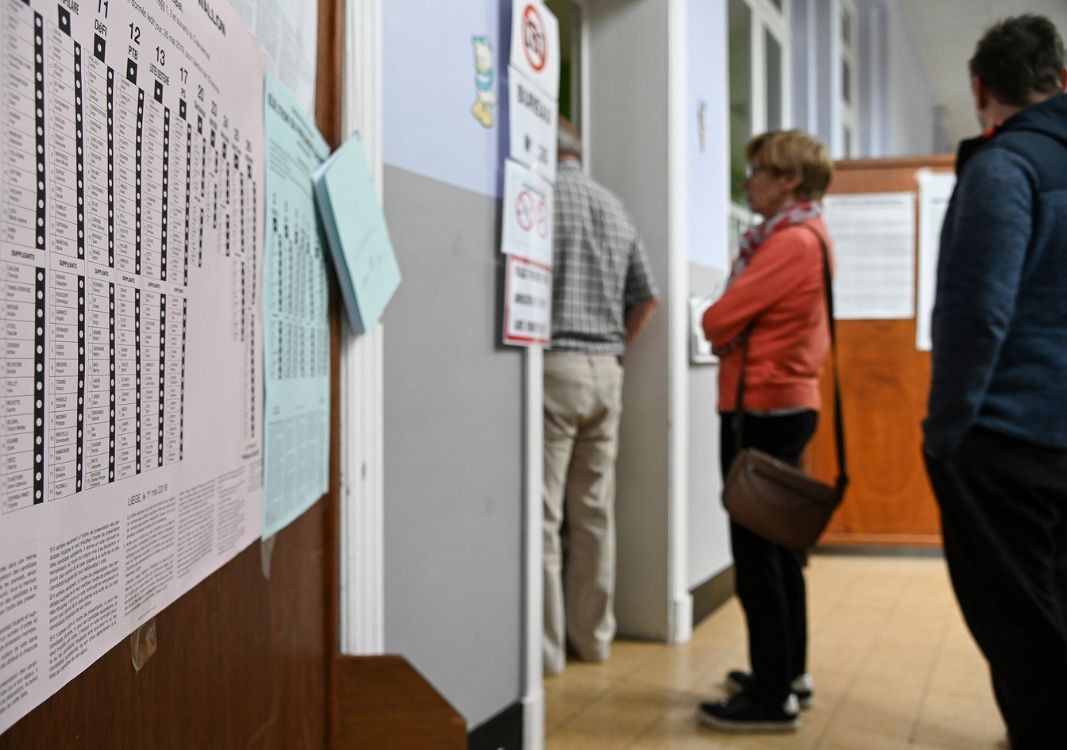Bulgaria has been a member of the EU since 1 January 2007. However, Bulgaria had representatives in the European Parliament before its official membership. In 2005, the National Assembly elected 18 Bulgarian MPs who had the status of Euro observers. Until Bulgaria's EU membership, they were entitled to participate in all the meetings of the European Parliament - political groups, committees and plenary, but without the right to vote. They could also make speeches at all but plenary sittings.

In the EU's 720-seat parliament, Bulgaria keeps the number of its representatives - 17. 31 Bulgarian parties and coalitions have nominated candidates. Voting in Bulgaria is compulsory by law, is carried out in person by the voter and constitutes the performance of his or her civic duty.



On 9 June, Bulgaria holds 2-in-1 elections - for members of the national parliament and MEPs. In this regard, we should remind that on election day in Bulgaria and in the EU Member States, Bulgarian voters have the right to vote in both elections. In non-EU countries, including the UK, only those Bulgarian nationals who choose to cast their vote at the polling stations open in the diplomatic and consular representations of Bulgaria are entitled to vote for the National Assembly and the European Parliament. In other places in the countries outside the Community, Bulgarian nationals can vote only for candidates for the 50th National Assembly.
The economic and financial debate is key for the current European Parliament session . This is the opinion of Bulgarian MEP from the European People's Party Andrey Kovatchev, who is a member of the EP's Foreign Affairs Committee. "The topic does not..
Bulgaria must receive targeted defense funding. This is what Bulgarian MEP from the European People's Party Andrey Novakov has requested from the new EC Defense Commissioner. In addition to the topic of the tariffs that US President Donald Trump..
Türkiye commemorates the victims of the devastating earthquakes of 2023 Türkiye honored the memory of the victims of the earthquakes of February 6, 2023, when 7.7-magnitude tremors in southeastern Turkey levelled entire..

+359 2 9336 661
